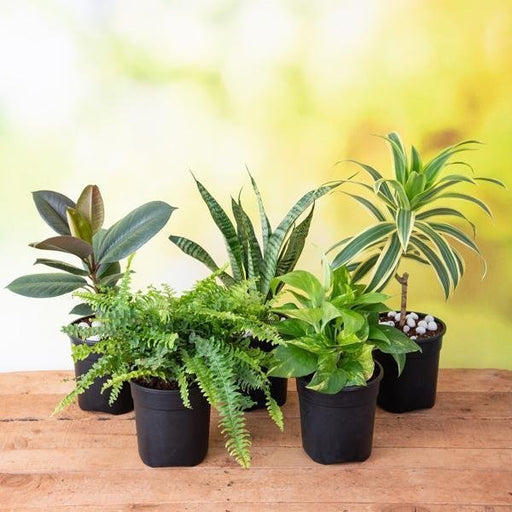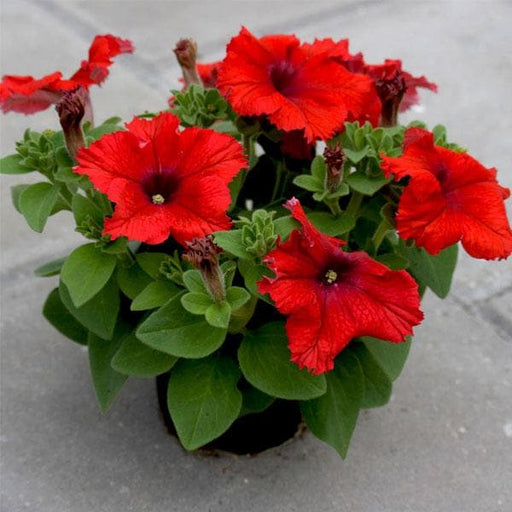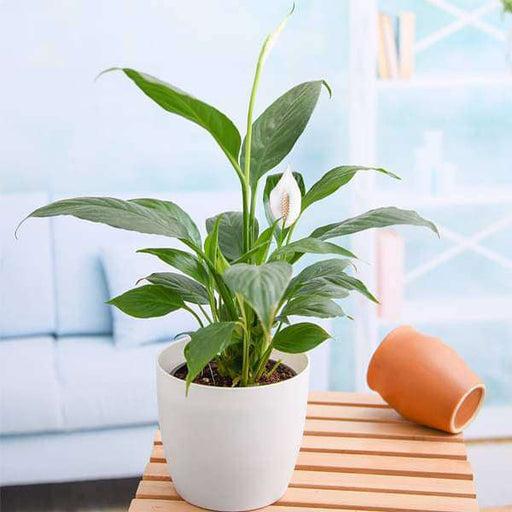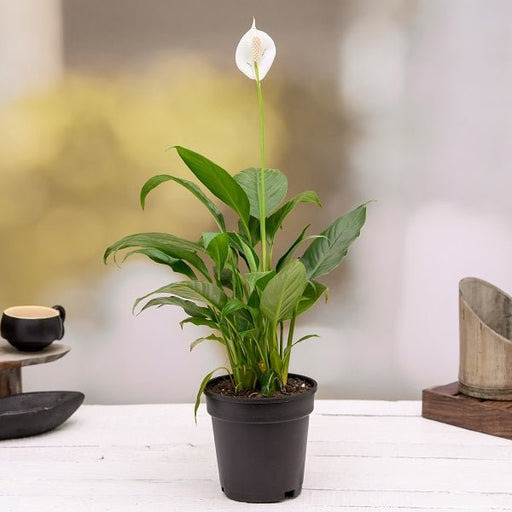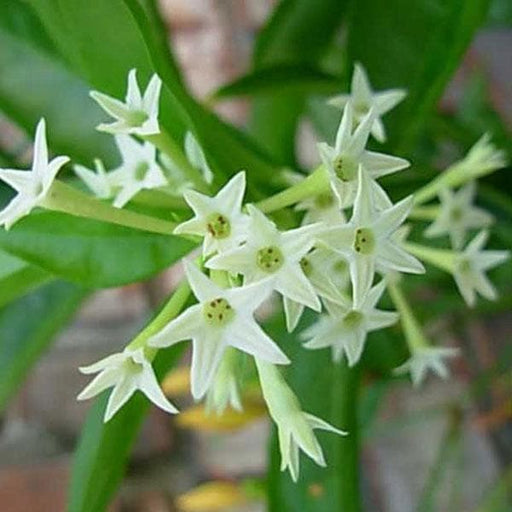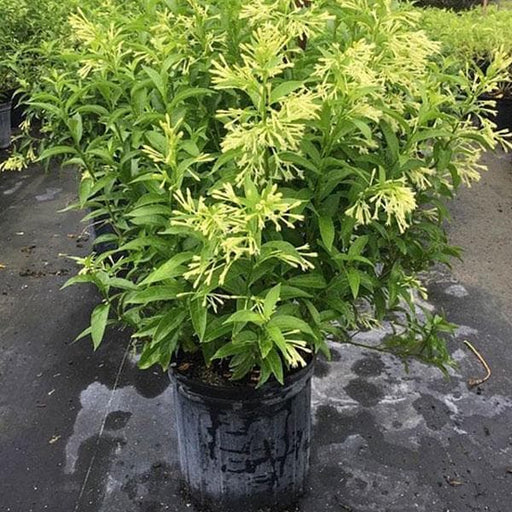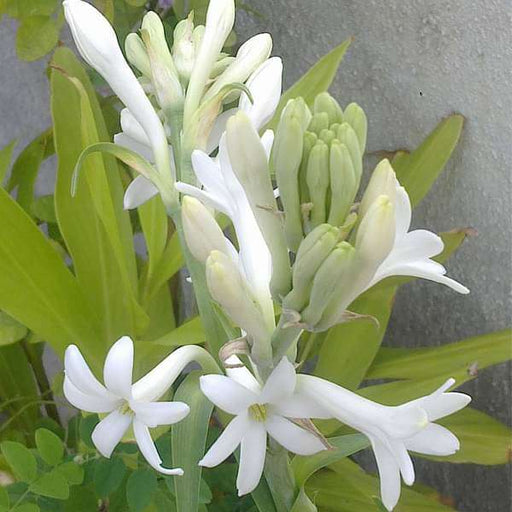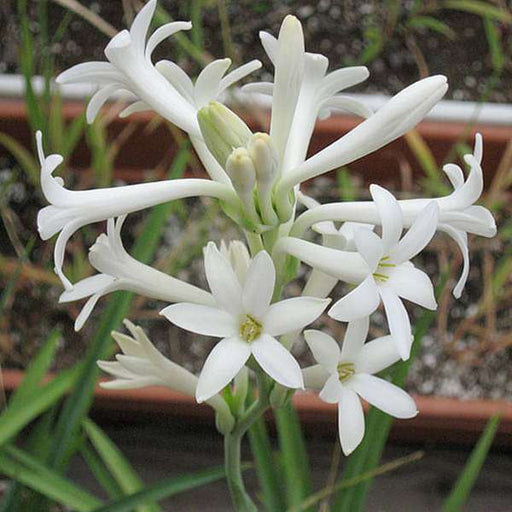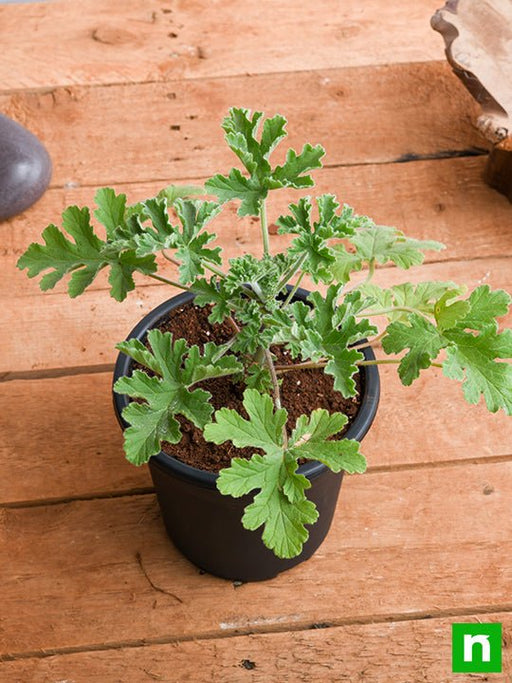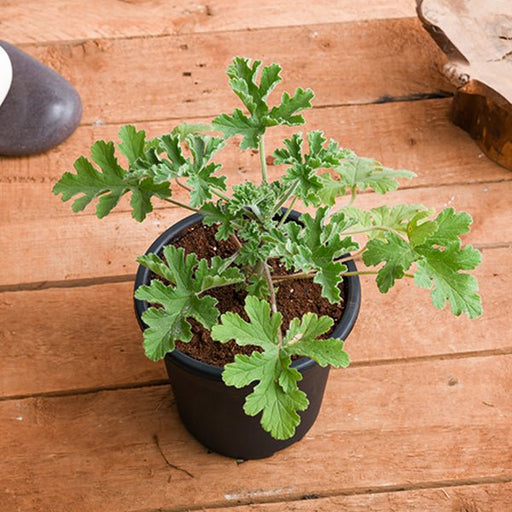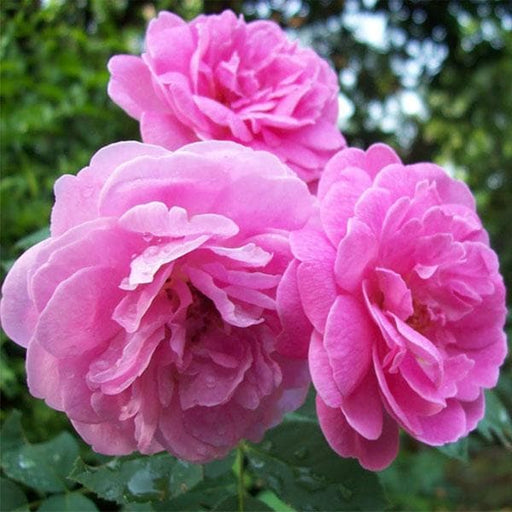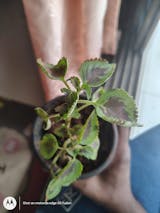Petunia Plants Varieties
There are many varieties of petunia plants, including grandiflora, multiflora, and milliflora, which offer a range of colors and sizes. Each variety has unique characteristics and growing requirements, so it's important to choose the right one for your garden or landscape.
Petunia Plants Care
Proper care for petunia plants involves providing adequate water, sunlight, and nutrients, as well as monitoring for pests and diseases. Regular deadheading and pruning can also help promote healthy growth and prolonged blooming.
Petunia Plants Colors
Petunia plants come in a range of colors, including white, pink, purple, red, and yellow, as well as bi-colored and multi-colored varieties. Choosing the right colors can help create a stunning garden display.
Petunia Plants in Hanging Baskets
Petunia plants are a popular choice for hanging baskets, as they cascade gracefully over the sides and provide abundant blooms throughout the season. They require proper drainage and regular watering to thrive in this growing environment.
Petunia Plants for Borders
Petunia plants make excellent border plants, providing vibrant pops of color and filling in gaps between larger plants. They can be used in both formal and informal garden designs.
Petunia Plants in Containers
Petunia plants are well-suited for container gardens, as they can thrive in a range of pot sizes and styles. They require regular watering and fertilizing, as well as proper drainage and sunlight.
Petunia Plants Sun Requirements
Petunia plants require full sunlight to thrive, with at least six hours of direct sunlight per day. They may not bloom as well in shady or partially shaded areas.
Petunia Plants Soil Requirements
Petunia plants require well-draining soil that is rich in organic matter. The soil should be kept moist but not waterlogged, as excess moisture can lead to root rot and other issues.
Petunia Plants Propagation
Propagating petunia plants can be done through stem cuttings, which can be rooted in a well-draining potting mix. It's important to provide the right growing conditions and monitor for pests and diseases.
Petunia Plants Pests and Diseases
Common pests and diseases that can affect petunia plants include aphids, spider mites, and fungal diseases like powdery mildew. Regular monitoring and proper care can help prevent and treat these issues.
Petunia Plants Pruning
Pruning petunia plants can help promote healthy growth and prolonged blooming. Deadheading spent blooms and removing leggy stems can also improve the plant's appearance and overall health.
Petunia Plants Watering
Petunia plants require regular watering, with the soil kept moist but not waterlogged. Watering should be done at the base of the plant to prevent damage to the leaves and flowers.
Petunia Plants Fertilizing
Fertilizing petunia plants can help promote healthy growth and abundant blooms. Use a balanced fertilizer formulated for flowering plants, and follow the manufacturer's instructions for application.
Petunia Plants Companion Plants
Petunia plants make excellent companion plants, providing vibrant color and texture alongside other garden favorites like zinnias, marigolds, and snapdragons.
Petunia Plants Winter Care
Petunia plants are generally grown as annuals and do not survive cold winter temperatures. However, they can be brought indoors or covered with protective mulch to prolong their lifespan.
Petunia Plants Edible
While petunia plants are not edible for humans, they can be attractive to certain pests like slugs and snails. It's important to keep an eye out for these pests and take measures to control their populations.
Petunia Plants as Cut Flowers
Petunia plants make beautiful cut flowers and can be used in a range of floral arrangements. It's important to cut the stems at an angle and change the water frequently to prolong the blooms.
Petunia Plants in Landscaping
Petunia plants can be used in a range of landscaping designs, from borders and containers to hanging baskets and mixed flower beds. They offer versatility in terms of color, size, and growing requirements.
Petunia Plants Heat Tolerance
Petunia plants are generally heat-tolerant and can thrive in hot summer temperatures. However, they may require additional watering and protection from strong winds and direct sunlight.
Petunia Plants Drought Tolerance
While petunia plants require regular watering, they do have some drought tolerance and can survive brief periods without water. However, prolonged drought can lead to wilted and damaged plants.










